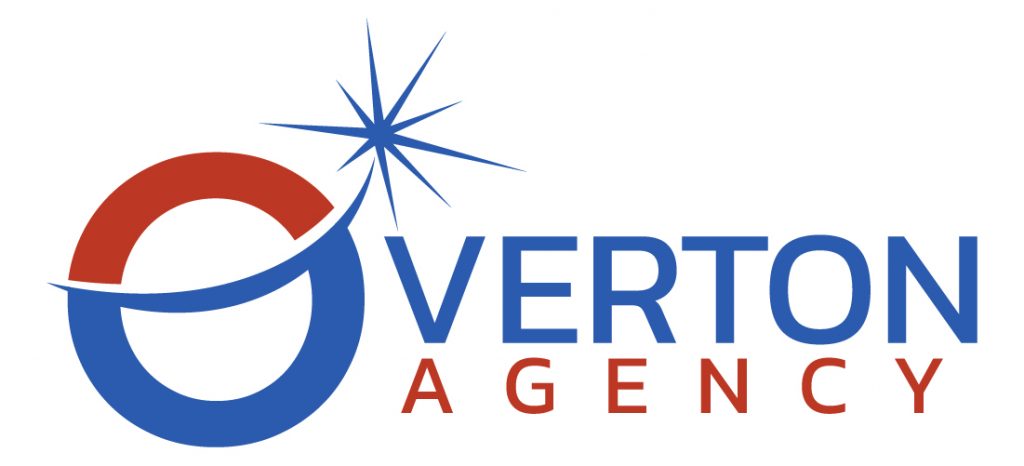This article provides an overview of Medicare Advantage cancellation, emphasizing the importance of understanding enrollment periods and circumstances, and offers resources for making informed decisions about Medicare coverage.
Introduction to Medicare Advantage Cancellation
Many people believe they can cancel their Medicare Advantage Plans whenever they wish, but the reality involves navigating specific enrollment periods and understanding the circumstances under which cancellations or changes are permitted. It’s essential for Medicare beneficiaries to grasp the nuanced regulations surrounding Medicare Advantage Plans to make informed decisions about their healthcare coverage. This article aims to demystify the process and highlight the importance of being well-informed before making any changes to your Medicare Advantage Plan.
Understanding Medicare Advantage Plans
What is Medicare Advantage?
Medicare Advantage Plans, also known as Medicare Part C, are health plans offered by private insurance companies that have been approved by Medicare to provide Part A (hospital insurance) and Part B (medical insurance) benefits. These plans often include additional benefits not covered by Original Medicare, such as vision, hearing, and dental services, making them an attractive option for many beneficiaries.
Types of Medicare Advantage Plans
There are several types of Medicare Advantage Plans available, including Health Maintenance Organization (HMO) plans, Preferred Provider Organization (PPO) plans, Private Fee-for-Service (PFFS) plans, and Special Needs Plans (SNP). Each type of plan has its own network rules and coverage specifics, which can significantly impact your healthcare experience and expenses.
Enrollment Eligibility for Medicare Advantage
To be eligible for a Medicare Advantage Plan, individuals must first be enrolled in both Medicare Part A and Part B. It’s important to note that you cannot be denied enrollment in a Medicare Advantage Plan due to pre-existing conditions, with the exception of End-Stage Renal Disease (ESRD), although there are exceptions even for ESRD under certain conditions.
Enrollment Periods and Cancellation Policies
Annual Enrollment Period (AEP)
The Annual Enrollment Period, running from October 15 to December 7 each year, allows Medicare beneficiaries to make changes to their Medicare coverage. This includes switching from one Medicare Advantage Plan to another or canceling a Medicare Advantage Plan to return to Original Medicare.
Medicare Advantage Open Enrollment Period
From January 1 to March 31, the Medicare Advantage Open Enrollment Period offers an additional opportunity for beneficiaries to switch Medicare Advantage Plans or cancel their Medicare Advantage Plan and switch back to Original Medicare. This period is particularly beneficial for individuals who are dissatisfied with their current plan after the Annual Enrollment Period has ended.
Special Enrollment Periods (SEPs)
SEPs allow for changes to Medicare Advantage Plans outside of the regular enrollment periods due to specific life events such as moving to a new address that is outside of your plan’s service area, losing current coverage, or qualifying for Medicaid.
How and When to Cancel Medicare Advantage Plans
Understanding Trial Periods
For new enrollees in a Medicare Advantage Plan, there is a trial period within the first year of enrollment that allows for switching to another plan under certain circumstances. This provides a safety net for beneficiaries who may find their initial choice not to be the best fit for their needs.
Impact on Medigap Eligibility
Canceling a Medicare Advantage Plan to switch back to Original Medicare may impact your ability to enroll in a Medigap (Medicare Supplement Insurance) policy, especially if you’re not within a guaranteed issue period. It’s crucial to consider the timing of your cancellation to ensure you can secure a Medigap policy without undergoing medical underwriting, which could affect your premiums or eligibility.
Considerations Before Cancelling
Before deciding to cancel your Medicare Advantage Plan, consider factors such as the need for the additional benefits provided by the plan, the provider networks available, and your out-of-pocket costs. It’s also wise to compare other available Medicare Advantage Plans or consider whether returning to Original Medicare, possibly with a Medigap policy, better suits your healthcare needs and budget.
Assistance and Resources for Medicare Advantage Decisions
Contacting Medicare Resources
For assistance with canceling or switching Medicare Advantage Plans, beneficiaries can contact 1-800-MEDICARE or visit medicare.gov. These resources provide valuable information and support to navigate the Medicare health or drug plan effectively.
Utilizing Independent Insurance Agencies
Independent agencies like Overton Agency offer personalized guidance on Medicare options, including helping with plan cancellations. With expertise in the nuances of Medicare Advantage Plans, such agencies can provide clarity and support throughout the decision-making process.
Education on Medicare Coverage
The State Health Insurance Assistance Program (SHIP) offers free, impartial counseling on Medicare coverage and plan changes. SHIP counselors can help you understand your options and the implications of canceling or switching plans, ensuring you make the best decision for your healthcare needs.
We’re Here to Help
Navigating Medicare Advantage Plans and understanding when and how you can cancel or switch plans can be complex. For expert advice and assistance with evaluating your Medicare Advantage options and understanding the cancellation process, reach out to Overton Agency. Visit Overton Agency to explore a range of insurance solutions tailored to your individual healthcare needs, ensuring you make informed decisions about your Medicare coverage.
